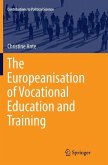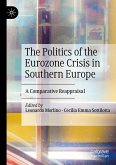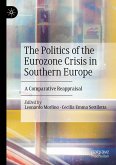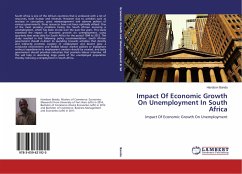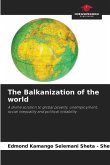The basic aim of this book is to study the impact that educational level and vocational training programmes had on the labour market of semi-peripheral EU countries, using Greece as a case study. In particular, the research focuses on the two largest Greek regions in terms of population, Attica and Central Macedonia, as well as Greece as a whole, during the period 1988-2000. The investigation was undertaken using Labour Force Survey micro-level data. The study moves beyond the micro-level and embeds the empirical findings within the institutional/organizational environment of Greek vocational training (meso-level) and the broader political economy of Greece and its position in the EU political economy (macro-level), also examining Southern European states in particular. The findings are of relevance beyond the Greek case, as they are also useful for comparative research pertaining to European regions or countries. The results of the study challenge the usefulness of the active labour market policies (ALMPs) alone. Training and ALMPs are needed in Greece, but they can only function effectively in the presence of a suitable institutional framework, which has yet to become a reality.
Bitte wählen Sie Ihr Anliegen aus.
Rechnungen
Retourenschein anfordern
Bestellstatus
Storno


